10% off £35
Face Masks
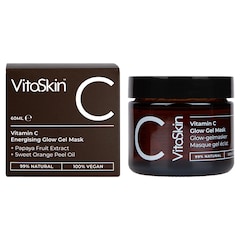
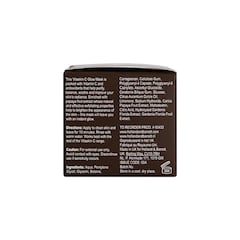
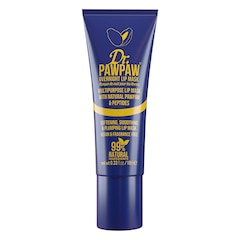
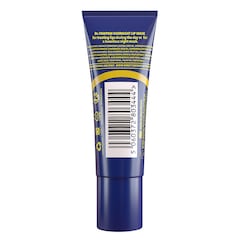
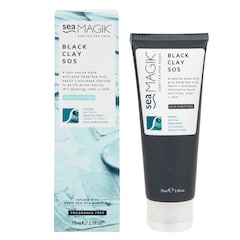
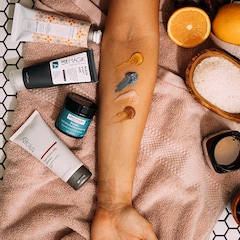
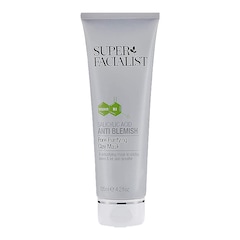
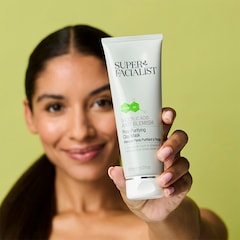
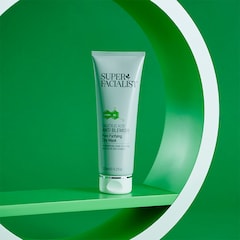
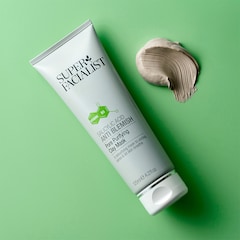
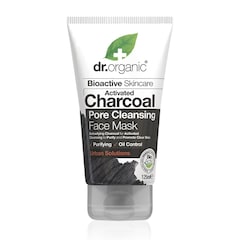
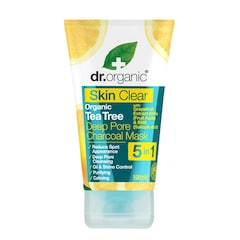
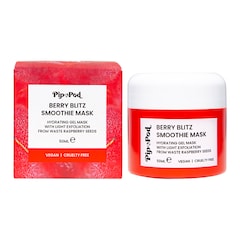
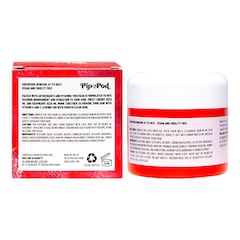
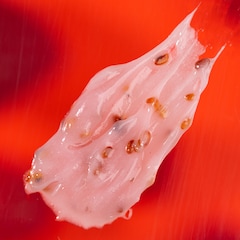
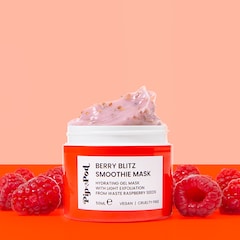
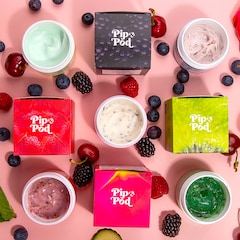
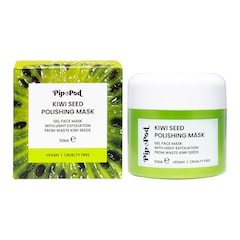
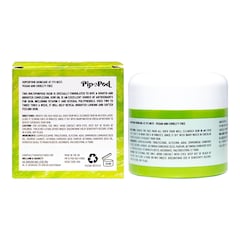
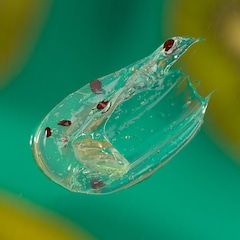
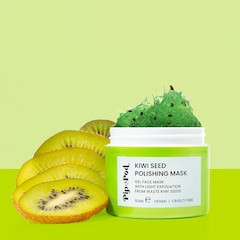
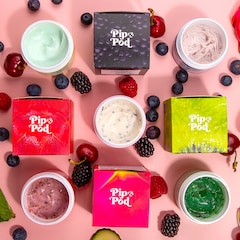
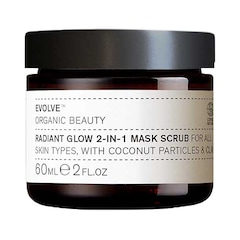
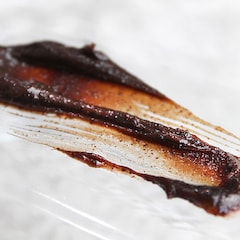
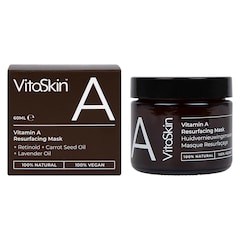
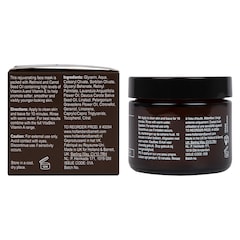
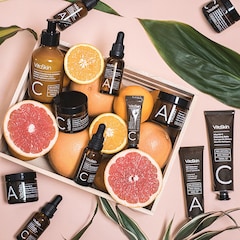
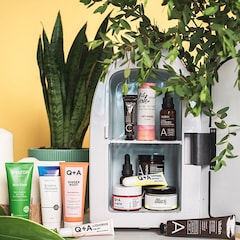
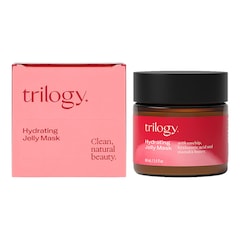
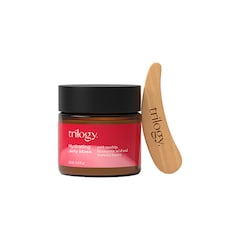
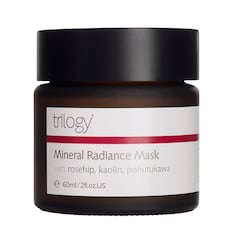
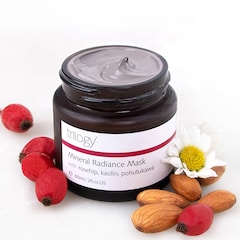
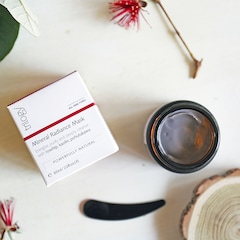
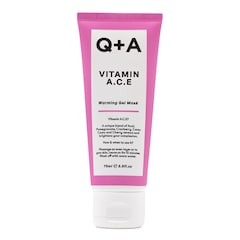
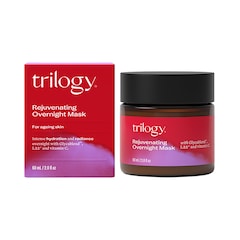
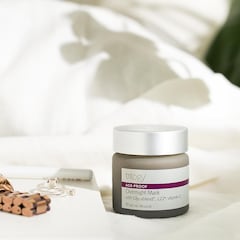
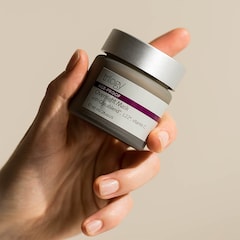
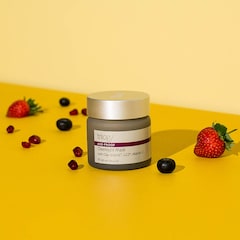
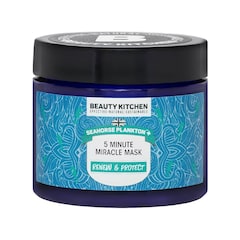
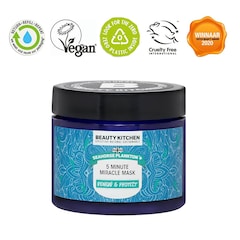
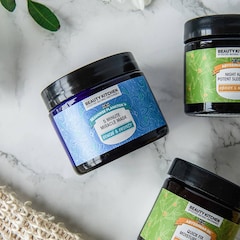
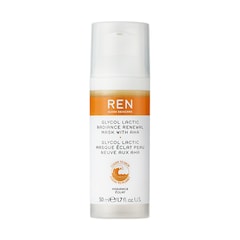
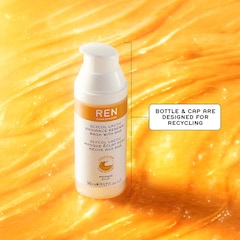
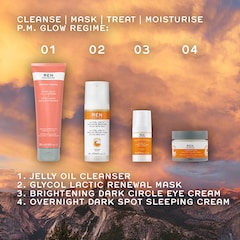


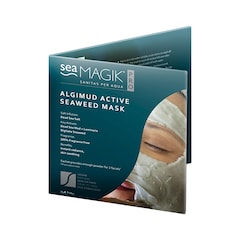
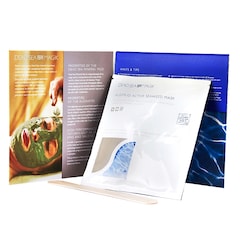
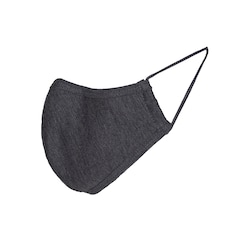
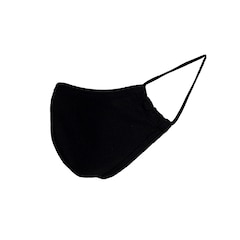
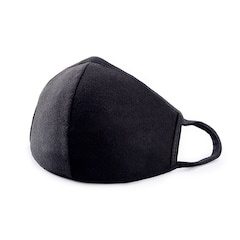
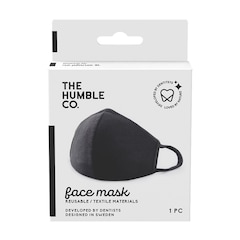
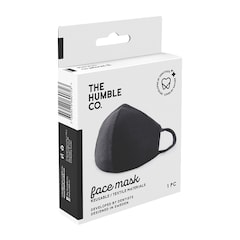
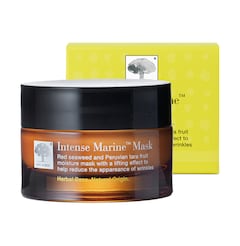
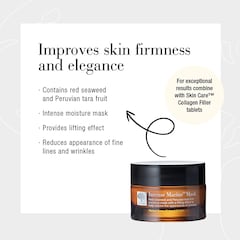
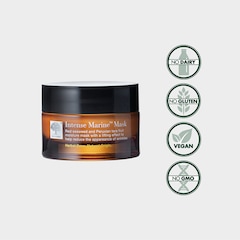
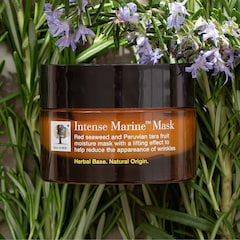
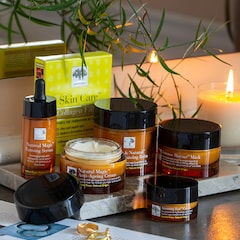
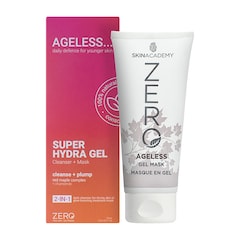
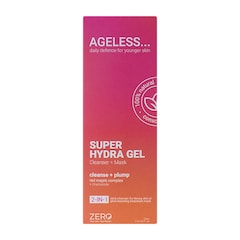
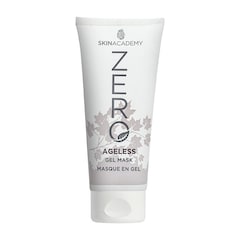
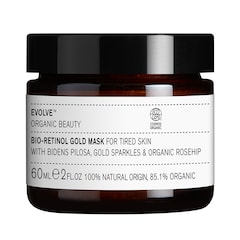
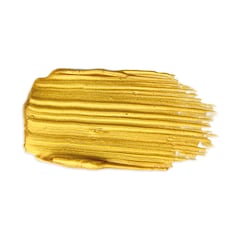
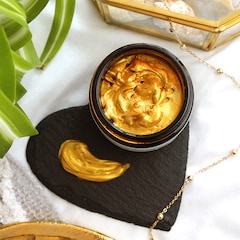
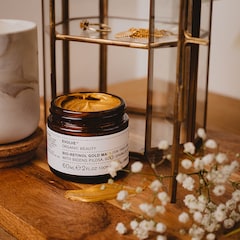
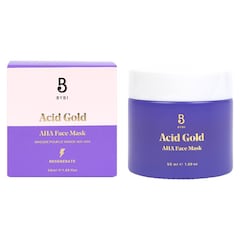
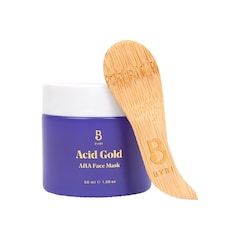
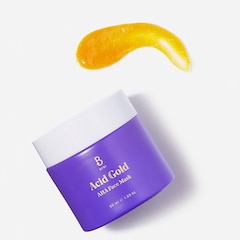
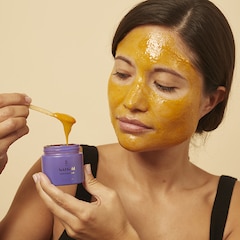
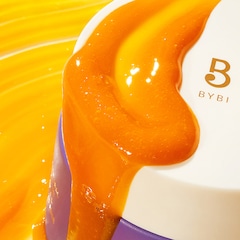
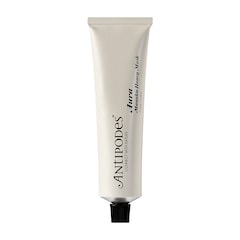
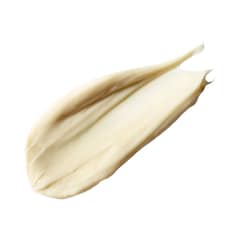
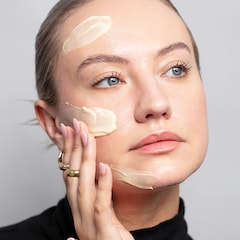
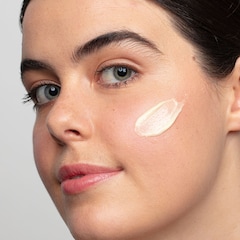

Facial masks such as clay and mud masks have been used for centuries to clear pores and improve the skin’s general appearance.
Many people use face masks for combatting skin concerns, and they are also great for relaxing and some must-needed self-care.
History or face masks and packs
As long as 5,000 years ago, people on the Indian subcontinent were using types of face masks.
In fact, they may have been the first type of cosmetic. In the ancient Ayurveda tradition, there were face and body masks that were called Ubtan. A mixture of herbs, plants, roots, and flowers were used in combinations that matched different skin types and desired outcomes.
Today, people in India and beyond still use Ubtan masks – often preparing them at home, or buying ready-made powders and mixing them with water or milk.
Wealthy ancient Egyptians also used clay face masks, with Cleopatra apparently using a dead sea mud mask twice a week!
How to apply face packs and masks
If the mask is of the mud-like consistency, use your fingers to apply a thick and even layer of it over your whole face, including under your chin and on to your neck, if there is enough. Be sure to avoid the eye socket area, and to apply to a clean face.
People usually leave masks on for 10 minutes (occasionally, for the whole night), but check the instructions for the particular mask you’re using and carry out a patch test to be on the safe side when using new skincare products. Feel free to grab a glass of wine and a book of poetry, dive into a computer game, or to put on some music while you wait. Then, rinse off thoroughly with tepid water, making sure to get all the hidden nooks and crannies like the corners of your nose, or peel the mask off.
It can be nice to finish off the facial care routine by applying a face moisturiser.
Natural face masks and packs
We stock a wide range of natural face masks and face packs. Containing naturally sourced ingredients and fragrances that are gentle on the face and skin.
Facial masks such as clay and mud masks have been used for centuries to clear pores and improve the skin’s general appearance.
Many people use face masks for combatting skin concerns, and they are also great for relaxing and some must-needed self-care.
History or face masks and packs
As long as 5,000 years ago, people on the Indian subcontinent were using types of face masks.
In fact, they may have been the first type of cosmetic. In the ancient Ayurveda tradition, there were face and body masks that were called Ubtan. A mixture of herbs, plants, roots, and flowers were used in combinations that matched different skin types and desired outcomes.
Today, people in India and beyond still use Ubtan masks – often preparing them at home, or buying ready-made powders and mixing them with water or milk.
Wealthy ancient Egyptians also used clay face masks, with Cleopatra apparently using a dead sea mud mask twice a week!
How to apply face packs and masks
If the mask is of the mud-like consistency, use your fingers to apply a thick and even layer of it over your whole face, including under your chin and on to your neck, if there is enough. Be sure to avoid the eye socket area, and to apply to a clean face.
People usually leave masks on for 10 minutes (occasionally, for the whole night), but check the instructions for the particular mask you’re using and carry out a patch test to be on the safe side when using new skincare products. Feel free to grab a glass of wine and a book of poetry, dive into a computer game, or to put on some music while you wait. Then, rinse off thoroughly with tepid water, making sure to get all the hidden nooks and crannies like the corners of your nose, or peel the mask off.
It can be nice to finish off the facial care routine by applying a face moisturiser.
Natural face masks and packs
We stock a wide range of natural face masks and face packs. Containing naturally sourced ingredients and fragrances that are gentle on the face and skin.
Masks are usually a fun combination of minerals, vitamins, and fruit extracts such as cucumber, and they tend to consist of a creamy or thick paste that you apply to your face, or a moist cloth that you lay over your face.
By leaving these cream, clay, and mud mixtures on our faces for a certain period of time, we give the minerals and other elements time to work their magic on the skin and remove dirt, excess oil, dead skin cells, left over make-up, and other impurities.
Facial masks work by drawing impurities up to the skin’s surface, and then when you rinse or peel the mask off, you also rinse away the dirt and oil that were clogging your pores.
Many masks contain butylene glycol, which acts like a solvent and helps your skin to absorb the nourishing ingredients in the face mask, while leaving most of it on the surface of your skin.
Overall, though, there are three groups of ingredients to look out for that have different functions. Exfoliants such as glycolic, lactic, and retinol work to unclog and remove dead skin cells. Antioxidants such as vitamin C help to protect the skin from damage and extra wrinkles and smooth skin tone. And peptides help with promoting skin firmness by working on collagen.
Charcoal face masks
Charcoal masks fall into the exfoliant category, where their main goal is to help remove oil and build-up in the pores.
Charcoal is porous, which helps it to act a bit like a strong magnet and suck out any gunk on your skin, including blackheads.
Because it works like that, do avoid charcoal masks if you have dry or easily irritated skin, and take good advantage of them if you have oily skin. Only use them once a week, to avoid causing unnecessary dryness.
Try Dr Organic Charcoal Face Mask which works effectively in helping to cleanse the skin of excess oil and impurities. Its activated charcoal along with a blend of bioactive and organic extracts such as Aloe Vera Juice and China Clay helps to absorb and then purify the skin from dirt and oil.
Turmeric face masks
Turmeric can be used to help with combating acne-causing bacteria well as to prevent skin conditions that may be caused by sensitive and irritated skin.
Try Ayumi Turmeric Face Mask. It contains Kaolin clay, to draw out impurities as well as Papaya and Argan Oil to enhance the complexion and improve skin’s texture. Meaning your skin will be left feeling supple, energised and conditioned.
Aside from charcoal and turmeric masks, there are a range of different masks that are designed to perform different functions.
Bentonite, for example, is often used on oily and acne-prone skin. It helps by making the skin appear tighter and can combat unwanted bacteria.
Holland & Barrett offer a Dr Organic Guava Gel Face Mask which uses the vitamin C in guava to replenish and hydrate the skin. They also sell a Miaderma Eczema & Psoriasis Intensive Cream Mask which aims to calm the skin and alleviate things like itching, redness, scaling, and long-lasting dry skin.


